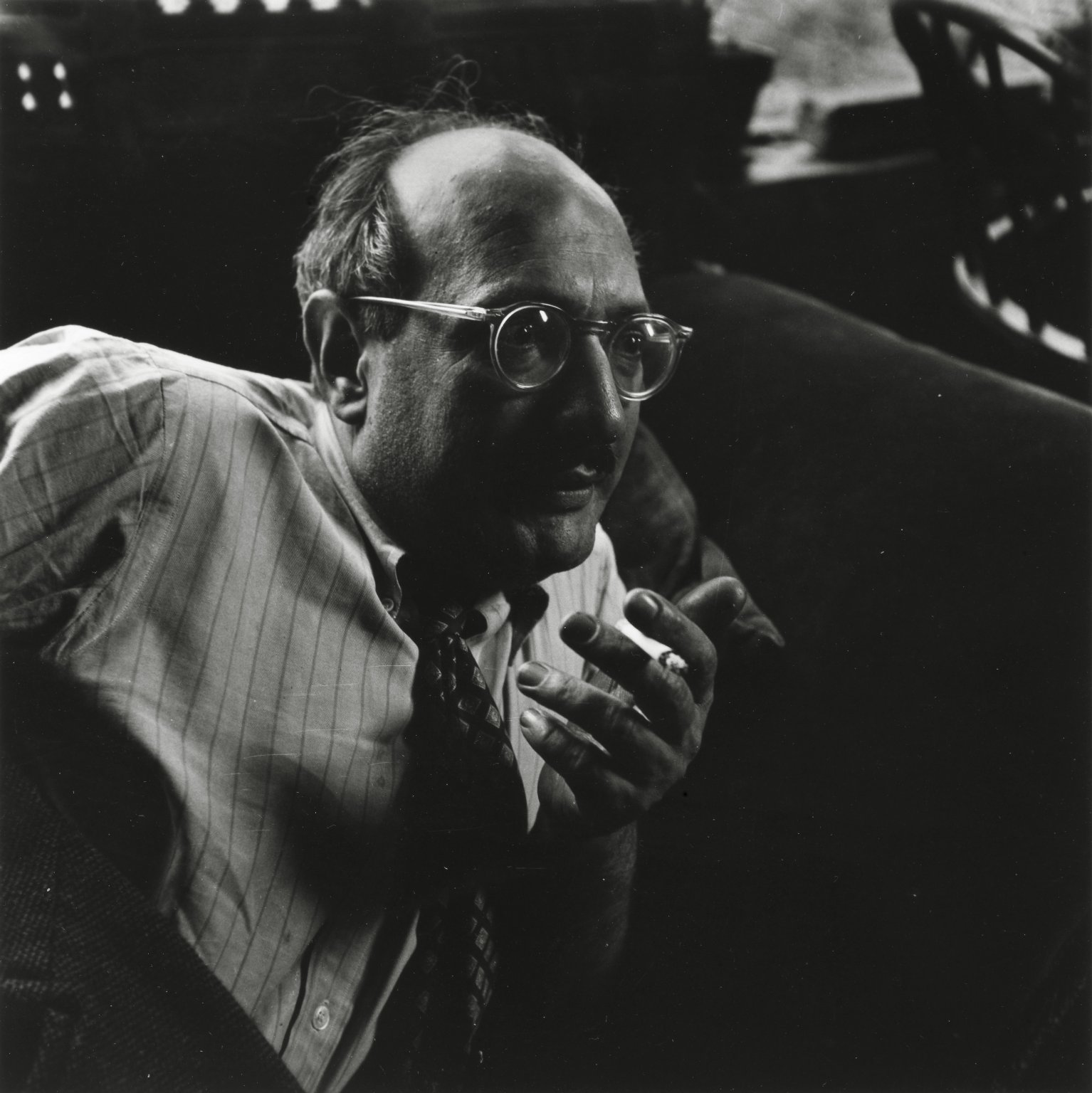Марк Ротко знаменитые цитаты
Марк Ротко: Цитаты на английском языке
“A painting is not a picture of an experience; it is an experience.”
As quoted in 'Mark Rothko', Dorothy Seiberling in LIFE magazine (16 November 1959), p. 82
1950's
In Tiger’s Eye, Vol. 1, no 9, October 1949; as quoted in Abstract Expressionism Creators and Critics, ed. Clifford Ross, Abrams Publishers New York 1990, p. 170
1940's
1950's
Источник: Conversations with Artists, Selden Rodman, New York Devin-Adair 1957. p. 93.; reprinted as 'Notes from a conversation with Selden Rodman, 1956', in Writings on Art: Mark Rothko (2006) ed. Miguel López-Remiro p. 119 books.google http://books.google.de/books?id=ZdYLk3m2TN4C&pg=PA119
Контексте: I am not an abstractionist... I am not interested in the relationships of color or form or anything else... I'm interested only in expressing basic human emotions — tragedy, ecstasy, doom and so on — and the fact that a lot of people break down and cry when confronted with my pictures show that I communicate those basic human emotions... The people who weep before my pictures are having the same religious experience I had when I painted them. And if you, as you say, are moved only by their color relationships, then you miss the point!
Источник: after 1970, posthumous, Abstract Expressionism, Creators and Critics', 1990, p. 167
in Art of this Century, February 12 – March 2, 1946, Peggy Guggenheim Papers on the work of Clyfford Still; as quoted in Abstract Expressionism Creators and Critics, ed. Clifford Ross, Abrams Publishers New York 1990, p. 203
1940's
letter to Clyfford Still, undated; as quoted in Mark Rothko : A Biography (1993), James E. B. Breslin / and Abstract Expressionism, Creators and Critics, ed. Clifford Ross, Abrams Publishers New York 1990, p. 170
after 1970, posthumous
Источник: 1940's, Beyond the Aesthetics (1946), pp. 38-39
Joint statement with Adolph Gottlieb, to Edwin A. Jewell, often referred to as a Manifesto. (written 7 June 1943; published 13 June 1943)
1940's
in The Romantics were prompted, essay by Mark Rothko, 1947/48; as quoted in Possibilities, vol 1, no. 1, winter 1947-48, Kate Rothko Prizel and Christophor Rothko.
1940's
Источник: after 1970, posthumous, Abstract Expressionism, Creators and Critics', 1990, p. 168
Источник: after 1970, posthumous, Abstract Expressionism, Creators and Critics', 1990, pp. 167-168
Источник: 1940's, Beyond the Aesthetics (1946), pp. 38-39
Источник: 1940's, Beyond the Aesthetics (1946), pp. 39-40
Quote from Rothko's letter to Whitney's director Lloyd Goodrich, End of 1952; as cited in Mark Rothko, a biography, James E. B. Breslin, University of Chicago Press, 1993, p. 304
Rothko was turning down a museum purchase
1950's
Источник: 1940's, Beyond the Aesthetics (1946), pp. 38-39
common statement in 'The New York Times', 8 July 1945
1940's
As quoted in Abstract Expressionism, Davind Anfam, Thames and Hudson Ltd London, 1990, p. 143
1950's
1950's
Источник: Interiors, Vol. 110, no 10, May 1951; as quoted in Abstract Expressionism Creators and Critics, ed. Clifford Ross, Abrams Publishers New York 1990, p. 172
Источник: 1940's, Beyond the Aesthetics (1946), p. 38
As quoted in Conversations with Artists (1957) by Selden Rodman, p. 92; later published in 'Notes from a conversation with Selden Rodman, 1956' in Writings on Art : Mark Rothko (2006) ed. Miguel López-Remiro ISBN 0300114400
1950's
Источник: 1940's, Beyond the Aesthetics (1946), pp. 39-40
Источник: after 1970, posthumous, Abstract Expressionism, Creators and Critics', 1990, p. 168
in conversation with W.C. Seitz
Quote of Rothko in Abstract Expressionist Painting in America, W.C, Seitz, Cambridge Massachusetts, 1983, p. 116
after 1970, posthumous
Источник: 1940's, Beyond the Aesthetics (1946), pp. 39-40
radio broadcast, together with Adolph Gottlieb, 1943
1940's
Источник: 1940's, Beyond the Aesthetics (1946), pp. 39-40
1942, on the late painting 'Broadway Boogie Woogie' of Piet Mondrian
Quote of Rothko, in Painters Objects, Robert Motherwell, pp. 95, 96; as cited in Abstract Expressionist Painting in America, W.C, Seitz, Cambridge Massachusetts, 1983, pp. 128-129
1940's
